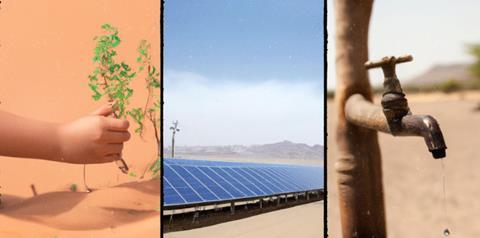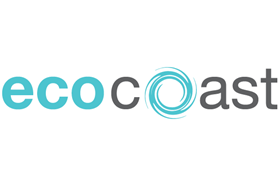“We need to go much further and much faster. We’re playing catch-up in our efforts to keep 1.5°C alive.”


Dr. Sultan Al Jaber, the COP28 President-designate, and the UAE’s Minister of Industry and Advanced Technology announced on the first day of Abu Dhabi Sustainability Week.
Abu Dhabi Sustainability Week (ADSW), held this January, is a major event in global sustainability efforts. The conference sees top-level government representatives, private sector leaders and civil society activists from all over the world come together to discuss solutions for issues such as climate change and poverty alleviation. This year’s gathering will focus heavily on the upcoming COP28 climate talks and how to ensure a fair, equitable transition to low-carbon economies.
But is change really happening? And if so, on what level?
While ADSW is an important platform to discuss sustainability topics, critics contend that many of the conference participants are more focused on talking about sustainability than actually doing anything meaningful.
Progress so far has been mixed; while some countries such as China and India have made significant strides in reducing emissions, other countries have lagged behind. For example, the United States has not taken any meaningful action to reduce its emissions despite the fact that it is one of the world’s largest emitters of greenhouse gases.
Additionally, there has been a severe lack of tangible commitments and investments from the private sector despite lofty rhetoric and ambitious plans. This is seen as an obstacle to achieving true sustainability and highlights the need for greater collaboration between governments, businesses, and civil society organizations when it comes to global sustainability efforts.
The new kid on the block: Greenwashing
Greenwashing is rampant in the region, and companies often make hollow promises of environmental responsibility while continuing to operate inefficiently and sustainably. Companies must be held accountable for their actions and ensure that their commitments are backed up by meaningful progress in order to make meaningful progress towards sustainability.
The lack of action has resulted in a growing environmental crisis, with increasing water and air pollution, over-extraction of natural resources, and the destruction of habitats due to deforestation. To achieve real change, companies must be transparent about their operations and set specific goals for reducing their negative impacts on the environment. This includes investing in renewable energy sources, committing to reducing their carbon footprints, and developing sustainable supply chain management practices.
More on COP28
This year, the COP28 will be held in Dubai from 30th November to 12th December 2023. The conference is expected to focus on a number of key areas including strengthening climate action and ambitions, as well as reviewing progress made in fulfilling commitments made under the Paris Agreement. In particular, discussions are set to center around concrete steps countries can take to reduce their emissions and enhance climate resilience.
The UAE has made impressive efforts over recent years in the areas of clean energy and sustainability, making it a fitting host for this year’s COP28. The nation has committed to reducing its reliance on fossil fuels by 50% by 2050, while also increasing the proportion of renewable energy in its energy mix to 50% by 2050.
Why should you care about COP28?
The COP28 will undoubtedly be an important milestone in the international community’s efforts to tackle climate change, and its success or failure could have far-reaching implications for us all. With climate change continuing to pose major threats to life on earth, now is the time for governments and stakeholders including you to come together and act with urgency to secure a cleaner, more sustainable future for generations to come.










